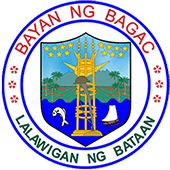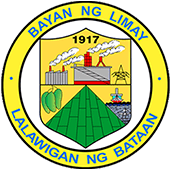
The workforce in Subic Bay Freeport grew by 4.8% in 2024, reaching 164,400 employees compared to 156,811 in 2023, according to the Subic Bay Metropolitan Authority (SBMA). Chairman and Administrator Eduardo Jose L. Aliño credited this increase to heightened manufacturing orders and the government’s efforts to attract foreign investors under President Ferdinand Marcos Jr.’s administration. These initiatives have focused on generating more jobs for Filipinos through foreign direct investments.
The manufacturing sector saw a significant rise in employment, employing 27,484 workers across 110 companies in 2024, compared to 21,433 workers in 2023. Workers came predominantly from nearby provinces like Olongapo City, Zambales, Bataan, and Pampanga, with smaller numbers from the National Capital Region, Tarlac, and other areas. Aliño expressed optimism about further growth, driven by government efforts to promote foreign investment in the country.
The services sector remained the largest employer, with 116,776 workers hired by 4,014 companies in 2024, an increase from 115,642 workers in 2023. Most of these employees were from Olongapo City, followed by Zambales, Bataan, and other regions. This steady growth reflects the economic zone’s robust capacity to generate diverse employment opportunities across various industries.
In shipbuilding and marine-related services, 153 companies hired 6,187 workers in 2024, up from 5,878 in 2023. This male-dominated sector employed 5,512 men and 675 women, with the majority of workers coming from Olongapo City, Zambales, and Bataan. Similarly, the construction sector recorded 13,953 employees in 2024, marking an increase of 95 workers from the previous year. The sector remained heavily male-dominated, with most workers sourced from nearby provinces.
Aliño highlighted the resilience of the Subic Bay Freeport workforce despite fluctuations in national unemployment rates. The sustained growth in employment numbers across various sectors underscores the Freeport’s role as a significant contributor to job creation in the region.
With steady expansion in the manufacturing, services, shipbuilding, and construction industries, the Subic Bay Freeport remains a key economic hub. Aliño reaffirmed the SBMA’s commitment to fostering employment opportunities, projecting further increases as more foreign companies invest in the Freeport zone.
The post Subic freeport workforce soars: Steady growth fuels jobs boom in 2024 appeared first on 1Bataan.



















